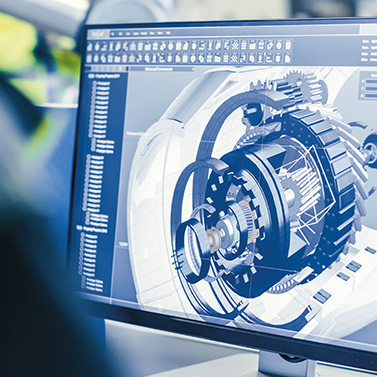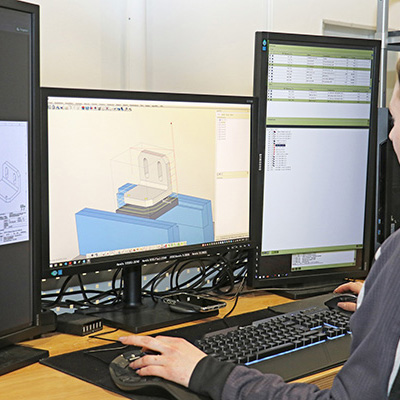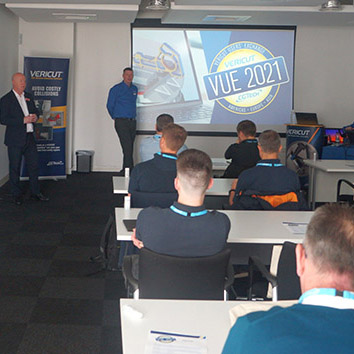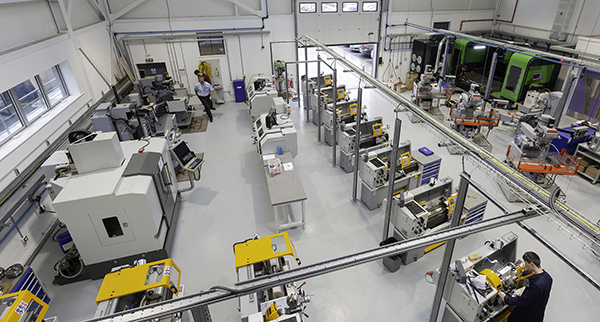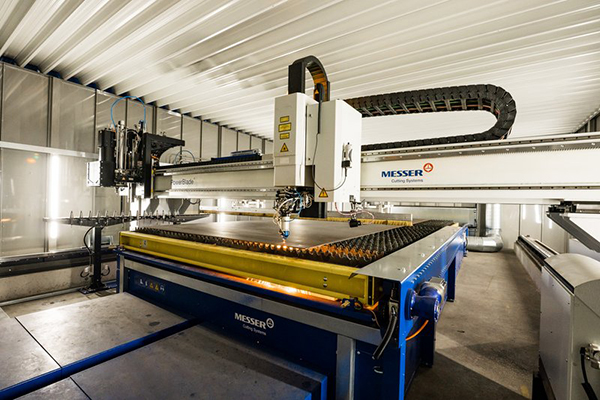
Hundreds of workers across the West Midlands have the opportunity to upskill thanks to a new initiative by The Black Country & Marches Institute of Technology (IoT). Companies can now access specialist training for members of staff aged 19+ on one of three Level 4 technical courses in automated machining, robotics and QA. The £500,000 In-Work Skills pilot, which will be delivered by the Marches spoke of the IOT at In-Comm Training in Telford, is free of charge and can be completed part-time and in modules, giving both staff and employers complete flexibility.
“Brexit and Covid has placed a lot of financial pressure on businesses and, in some cases, training budgets have been cut, meaning employees and bosses are missing out on vital skills development,” says Bekki Phillips, COO at In-Comm Training. “The In-Work Skills pilot has been designed to bridge this gap and will give manufacturers access to high-quality Level 4 technical courses at no cost to them.”
For further information https://in-comm.co.uk/






